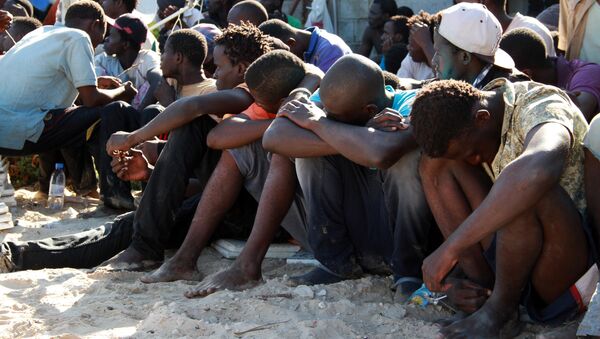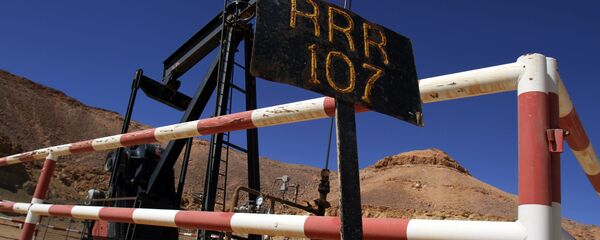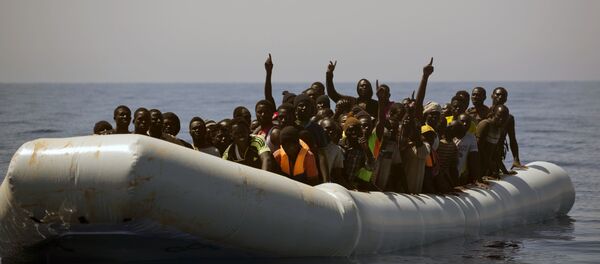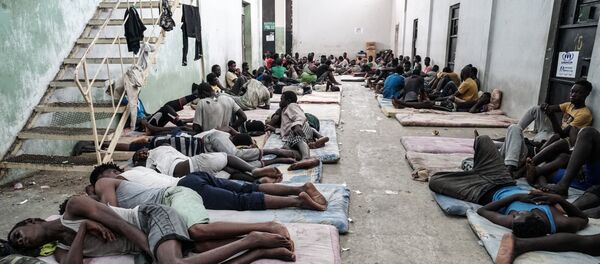In 2017 alone, 20,000 people have been detained by Libyan authorities and imprisoned in detention camps where they face horrific, abusive conditions — all with the cooperation of European governments.
Amnesty writes that the refugees and migrants are subject to inhumane conditions in one of the worst ongoing humanitarian crises in the world. "Hundreds of thousands of refugees and migrants trapped in Libya are at the mercy of Libyan authorities, militias, armed groups and smugglers often working seamlessly together for financial gain," said John Dalhuisen, director for Amnesty International's Europe branch.
"Tens of thousands are kept indefinitely in overcrowded detention centres where they are subjected to systematic abuse."
The organization reports that the prisoners they interviewed — migrants entering Libya, refugees fleeing it, and human trafficking victims in both directions- claimed they were subjected to arbitrary detention, extortion, forced labor, murder and torture.
These migrants and refugees are often detained during their attempts to cross the Mediterranean Sea and are returned to Libya. But, Dalhuisen said, it isn't just the Libyan government that is responsible for sending these people back to the war-torn nation they're fleeing.
"European governments have not just been fully aware of these abuses; by actively supporting the Libyan authorities in stopping sea crossings and containing people in Libya, they are complicit in these abuses," he said.
EU members such as Greece and Italy have attempted to stymy the flood of migrants into their countries by closing sea routes. Amnesty adds that they also assist Libya's immigration authority, which runs the detention camps; the Libyan coast guard, which intercepts the fleeing refugees; and the Libyan local and tribal leaders, which they rely on to increase internal border control.
This led to a 67 percent decrease in refugee sea crossings from North Africa to Italy in the second half of 2017, The Guardian reported — but it also makes the EU governments complicit in the human rights tragedy.
"By supporting Libyan authorities in trapping people in Libya, without requiring the Libyan authorities to tackle the endemic abuse of refugees and migrants or to even recognize that refugees exist, European governments have shown where their true priorities lie: namely the closure of the central Mediterranean route, with scant regard to the suffering caused," said Dalhuisen.
The EU rebuffed to the accusations in a statement. "The situation is not bad because of the European Union, it is slightly better because of the European Union, " an EU spokesperson said. "We share the same objective as Amnesty [International]: saving lives. But we would also point out that most of the actions called for are in fact already being carried out."
Italian Prime Minister Paolo Gentiloni also defended the EU in a speech before the Italian Parliament on Tuesday. He claimed that Italy and the EU have spent millions of euros on improving the conditions of migrants and refugees trapped in Libya, and that "it's thanks to us that a light is being shone on human rights in Libya."
EU leaders will meet in Brussels on Thursday to discuss, among other topics, the bloc's strategy to contend with the tide of refugees crossing the Mediterranean into Europe.





